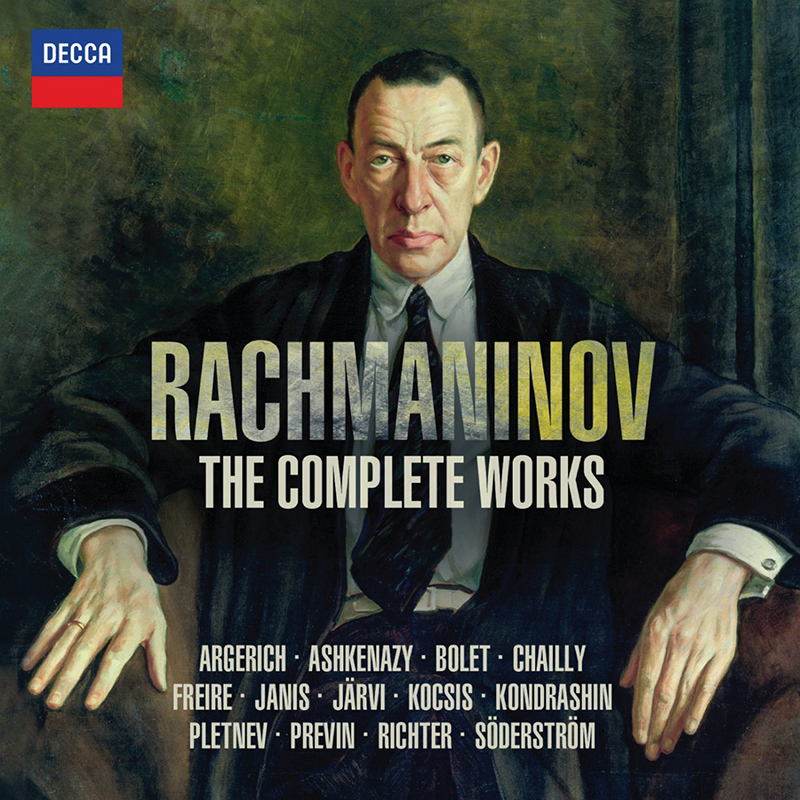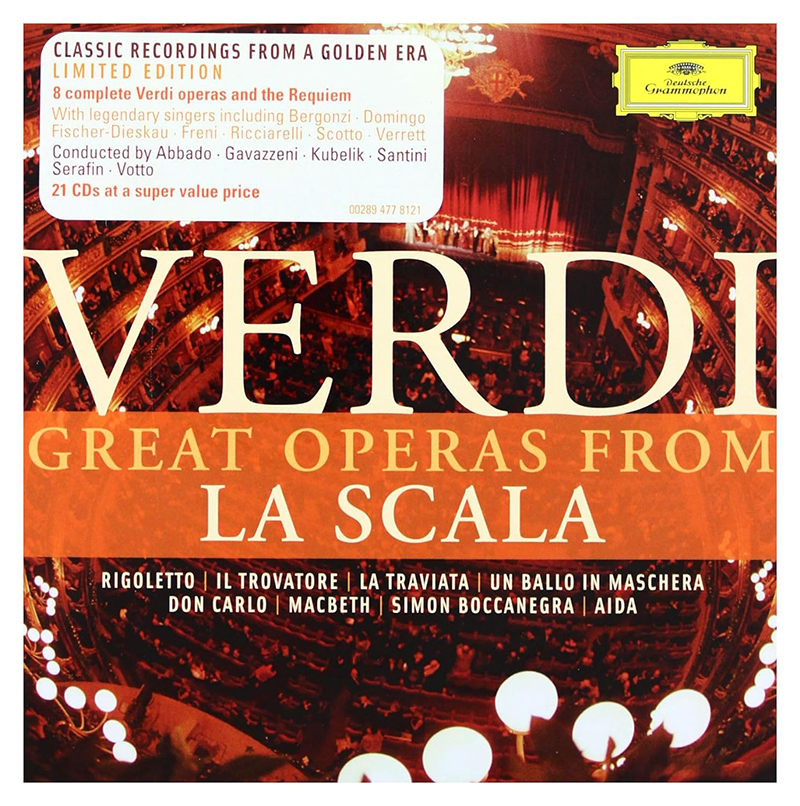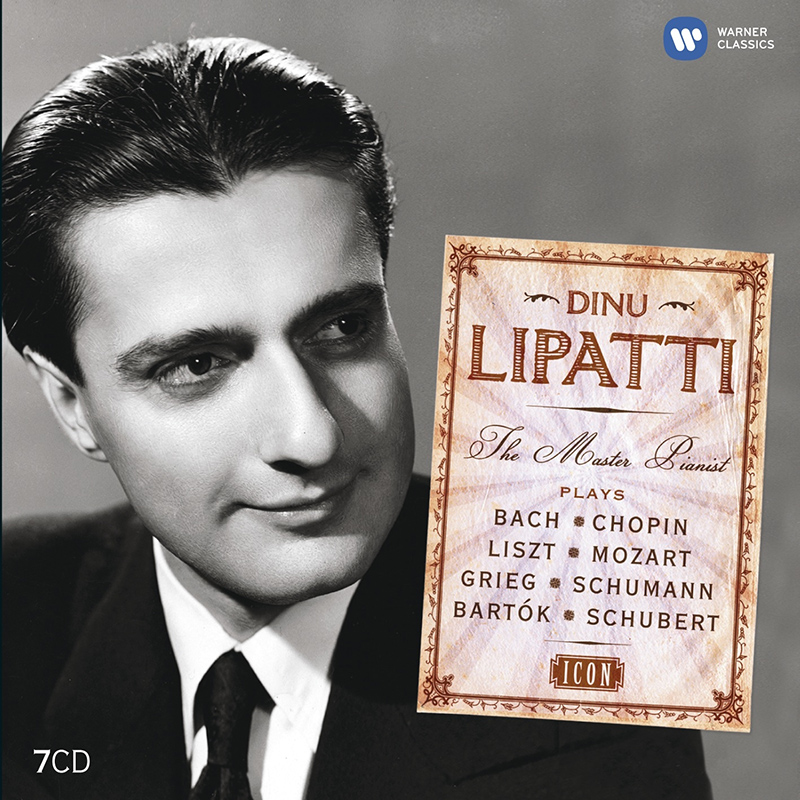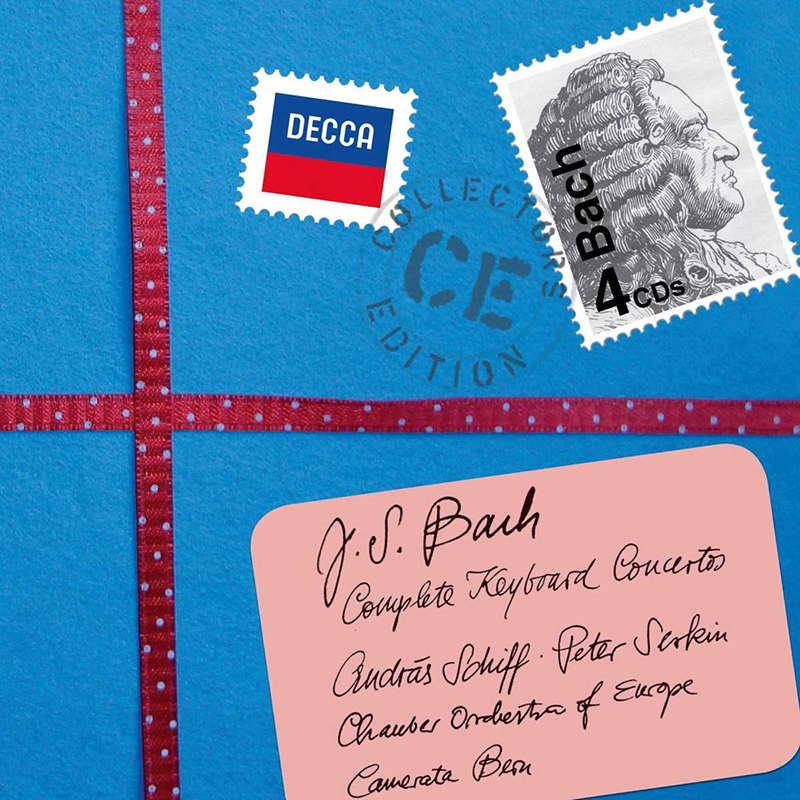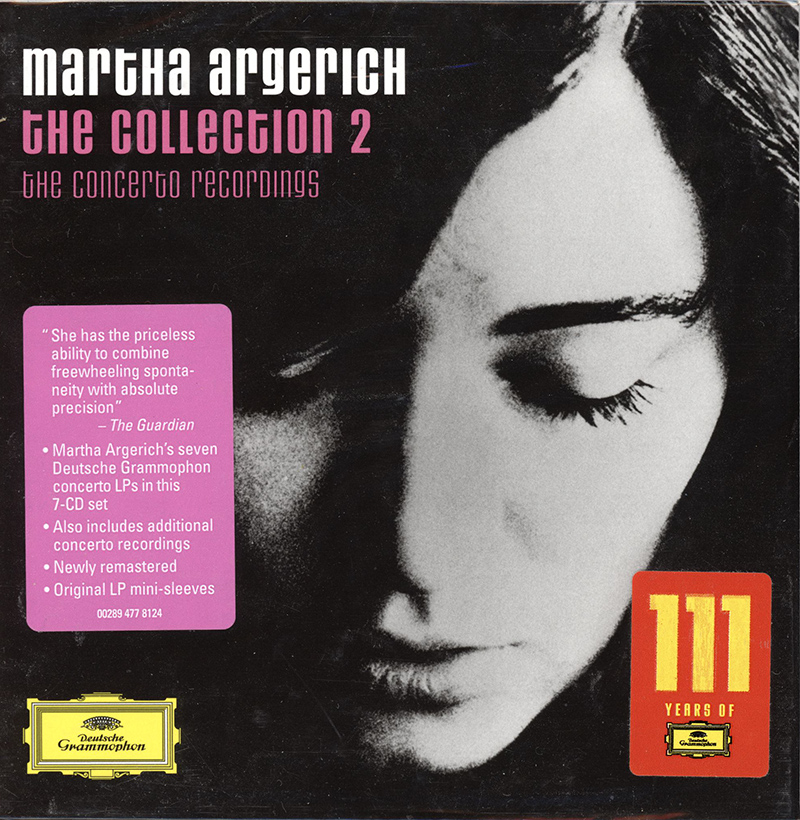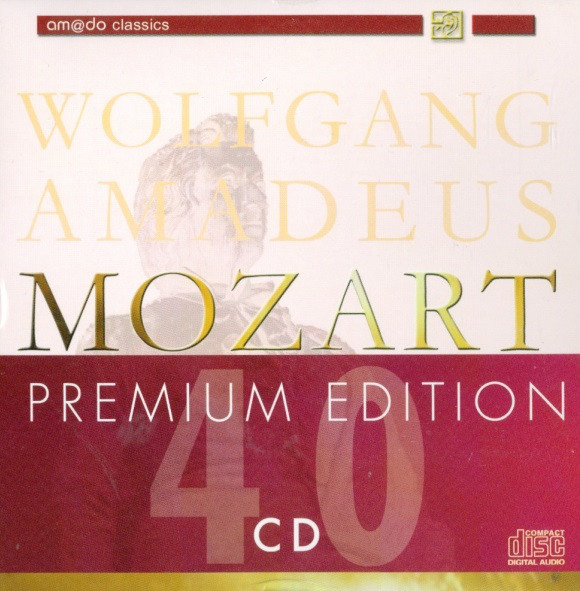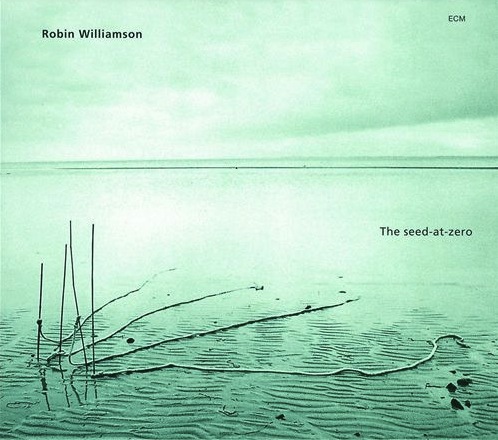Logowanie
KOLEKCJE!
BACH, CHOPIN, LISZT, MOZART, GRIEG, Dinu Lipatti, Otto Ackermann, Ernest Ansermet
The Master Pianist
PROKOFIEV, CHOPIN, TCHAIKOVSKY, SCHUMANN, BEETHOVEN, Martha Argerich, Claudio Abbado, Giuseppe Sinopoli
The Concerto Recordings
The Collection 2
Jakość LABORATORYJNA!
ORFF, Gundula Janowitz, Gerhard Stolze, Dietrich-Fischer Dieskau, Deutsche Oper Berlin, Eugen Jochum
Carmina Burana
ESOTERIC - NUMER JEDEN W ŚWIECIE AUDIOFILII I MELOMANÓW - SACD HYBR
Winylowy niezbędnik
ClearAudio
Essence MC
kumulacja zoptymalizowana: najlepsze z najważniejszych i najważniejsze z najlepszych cech przetworników Clearaudio
Direct-To-Disc
PIAZZOLLA, ChamberJam Europe
Tangos del Ángel y del Diablo
Direct-to-Disc ( D2D ) - Numbered Limited Edition
Robin Williamson
The Seed-At-Zero
- Robin Williamson - vocals, guitar
Robin Williamson The Seed-At-Zero Robin Williamson vocals, guitar, harp, mandolin Recorded March 2000 at Albany Productions Ltd, Cardiff Engineer: Lawson Dando Produced by Steve Lake Let us paint library on the library… “Salt of the earth” comes nowhere close to describing Scottish singer/songwriter Robin Williamson. He is, rather, earth of the salt: when caught in his bardic gaze, we cannot help but take a step beyond the minerals that make up our world and see in them an entirely new one. On his ECM debut, Williamson brings three strands together for a thick and brindled braid. First is the poetry of Dylan Thomas, which he sets to appropriate effect at lips and fingers as if it were hemp with which to weave a basket. Second are the related Welsh strands of Henry Vaughan, Llywarch Hen, and Idris Davies, which are the capture spiral of the ensuing web. Third is the songbook of Williamson himself, who had by this time shaped four decades of craft into a solo art. Armed with only a guitar, a harp, and his own throaty blade, he goes trundling through the undergrowth of joys and wars. Having once improvised to Thomas’s words for a theater production based on the poet’s life (Geoff Moore’s Prospect of the Sea, 1984/85), Williamson draws on that internal puddle and fashions from it a dark and choppy sea. He sets his boat adrift yet remains on shore, introducing us to broken shells with words from Vaughan in “The World.” Here the voice builds a starfish pore by pore. The title track paints less jaggedly, in ochre and ash. Williamson’s register reveals itself as a different species, and we as mere children who gather round starry-eyed and hungry for tales of yore and the yet to be. In this metaphorical seascape, heroes blend into the living and the dead alike. This leads us into a most enchanting triptych. First is “Skull And Nettlework.” One of Williamson’s own, it emotes like the artistry of Patrick Ball steeped in a brew of ancestral grievances. In its images are many scales. Of neither fish nor dragon, they gleam of their own accord, beyond the narrative strokes trying to whittle them into something recognizable. The balance between the two registers—string and throat—is inescapably harmonious. It is a ribcage sheltering flames that flicker at the expulsion of Thomas’s “Holy Spring” before opening the cap of a scrimshawed horn in “To God In God’s Absence.” Here is Williamson’s soul on stoneware, alive and impervious to prod of fork and interpretation. Thomas bleeds in multiple directions throughout the program, at times inscribing verses across the backsides of our hides (“In My Craft Or Sullen Art”), at others dancing to the clink of emotional coinage (“On No Work Of Words”), at still others galloping along the stringed hills with the touch of knowing fingertips, as in “Hold Hard, These Ancient Minutes In The Cuckoo’s Month.” Just as the latter is a catalogue of calendrical time, so is “Poem On His Birthday” a charting of avian life and watery graves. And though melodies launch themselves in the occasional skyward arc, they always settle in the spoken word, where the quaking peace of breath trickles down the throat of a premature end. Half-spoken, half-sung, if not both at once, “Lament Of The Old Man” is an ode to small things that, without care, bring us pleasure in spite of the heartless land, crooked like a stick bent under the weight of an aging shepherd. Memories of sprightly pasture abound in “Verses At Balwearie Tower.” They dance around the spring of human joy where bathe our transgressions, naked and mute. “Can y Gwynt” is a riddle of creation that fills our cupped hands with the waters of the Weary Well. Under its watchful eyes, wishful romance blossoms away from ours: a memory that tickles the scalp at night and quivers in the reflection of an ale glass by day. Keystones interlock in “The Bells Of Rhymney.” Set to Pete Seeger’s tune, it trips along a trail of ifs on the way to an unborn then and glows like light pollution in low cloud cover—pink yet tinged by the gray of a passing storm. With the decayed smile of a tree-lined horizon, “The Barley” welcomes us to settlement. Williamson drags his feet through the mud in “Cold Days Of February,” clear now in the hierarchy that one censored this old protest song. In its present restored form, it speaks with the power of Ken Loach’s The Wind that Shakes the Barley, a song from the lips of veterans and those too conscionable to fight. It lumbers through foggy paths and obscured vistas of blood-soaked battleground, leaving us paging through “For Mr Thomas” as an epilogue, if not an epitaph, to the album’s inscrutable muse. Where others have explored Dylan Thomas and his roots, Robin Williamson has tapped them and siphoned the visceral bite of their learning. Their taste may challenge our complacent buds, but never for want of sincerity. Even if we’ve never heard them before, we can be sure these odes to the unlit dark and the snuffed flame have heard us. They know us that well. And if this smirking scholar has anything meaningful to offer in return, let it ultimately be my admiration—the only poetry I can muster. If purity is a throwaway concept, it has been reborn here. https://ecmreviews.com/2012/11/04/the-seed-at-zero/
